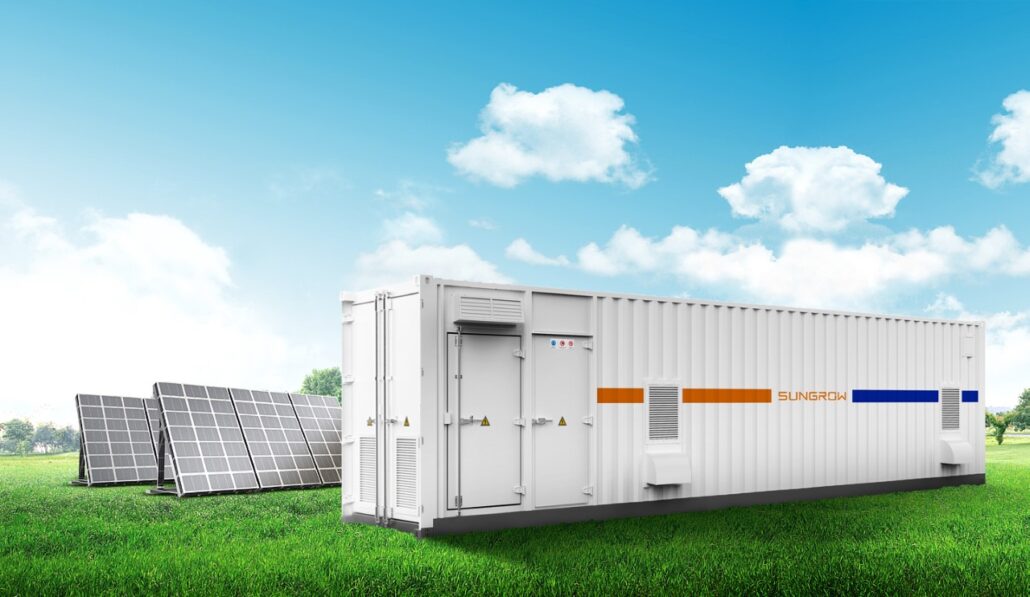Written by Aggeliki Marinou, environmental engineer at Wattcrop.
The transition to renewable energy is a promising and necessary step toward a more sustainable future. As the use of renewable energy technologies such as solar panels and wind turbines rapidly increases, so does the need to address the problem of battery disposal. Batteries play an important role in energy storage, making them an integral part of the renewable energy system. The challenges and solutions around battery waste management in the context of renewable energy are explained below.
Batteries are essential for storing energy produced from renewable sources, ensuring a stable and continuous supply of energy. They allow renewable energy to be used even when the sun is not shining, or the wind is not blowing, batteries are now essential for enhancing the efficiency and reliability of renewable energy systems.
Batteries are also essential for the transition to renewable energy sources, but their waste management is a major challenge. They have a limited lifespan and eventually wear out, requiring replacement. If not properly managed, battery waste can lead to environmental pollution and health risks.
Environmental impacts of improper disposal of batteries:
- Soil Contamination
- Water Pollution
- Air pollution
- Wildlife and Ecosystem Impact
- Depletion of resources
Solutions for sustainable battery waste management:
Battery recycling: Recycling is an important solution for the sustainable management of battery waste. Recycling facilities can recover valuable materials from used batteries while safely disposing of hazardous components. Encouraging battery manufacturers to take responsibility for recycling their products can further promote sustainability.
Extending product lifetime: Research and development efforts should focus on improving the durability and life of batteries. Longer lasting batteries will reduce the frequency of replacement and thus the amount of waste.
Second-life batteries: Used batteries that are no longer suitable for demanding applications, such as electric vehicles, can find a second life in less demanding roles, such as energy storage for less critical applications.
Research into safer battery chemicals: Investing in the development of batteries with less toxic materials can reduce the environmental and health risks associated with disposal.
Renewable energy is undoubtedly an essential element in our transition to a more sustainable future. However, the environmental impact of the batteries used in these systems cannot be ignored. To ensure the long-term sustainability of renewable energy sources, we must address the issue of battery waste management. By managing them properly, we can minimize the environmental footprint of batteries and continue to reap the benefits of renewable energy without compromising the health of our planet. To achieve this balance between renewable energy and responsible waste management, joint efforts by governments, industry and individuals are essential.
Find more interesting articles by Wattcrop team!


